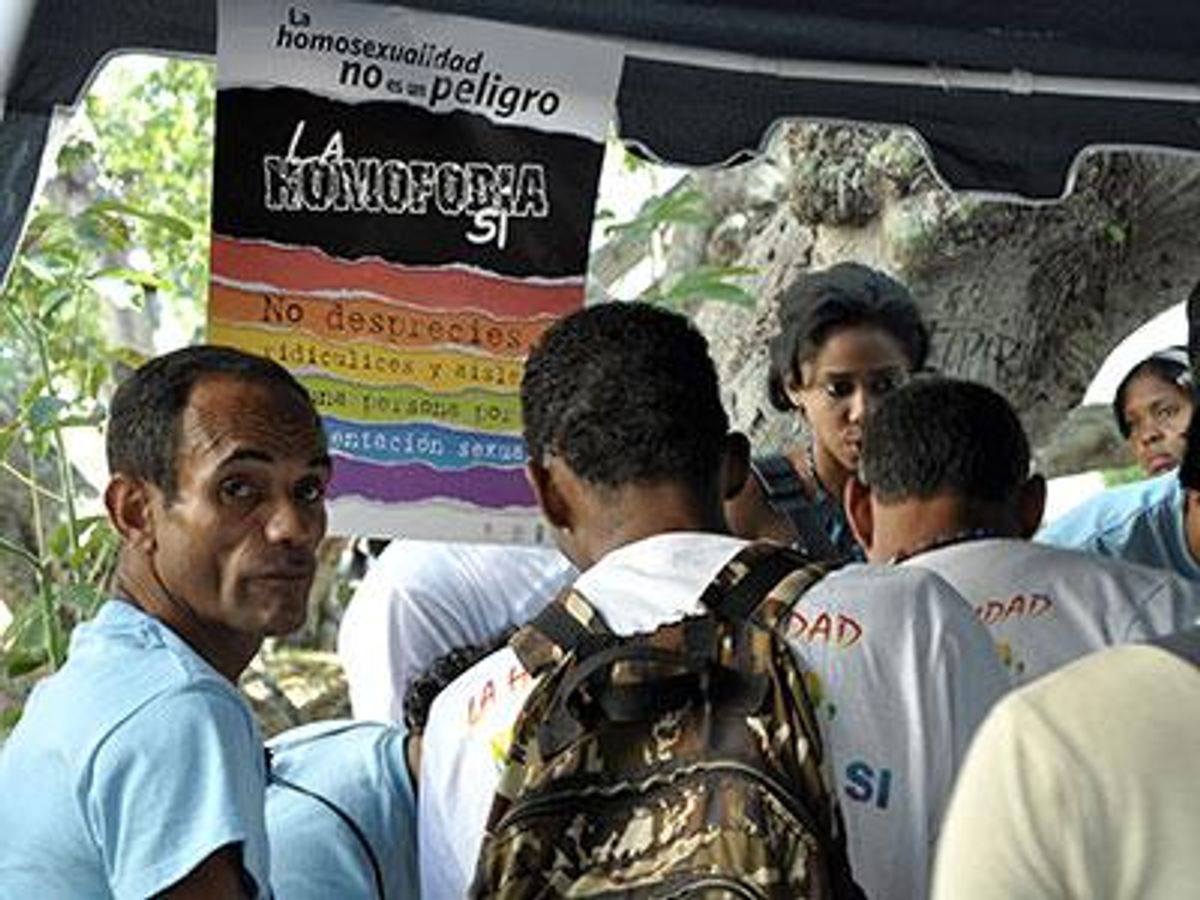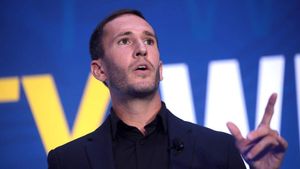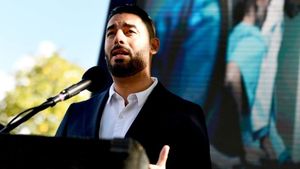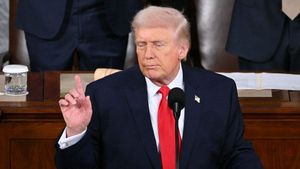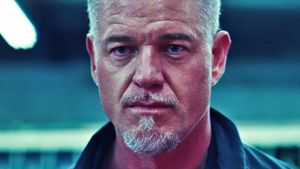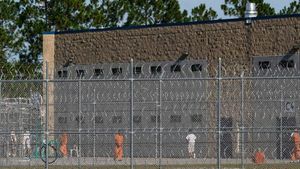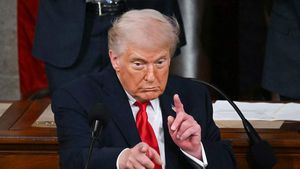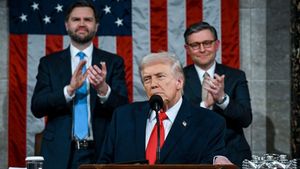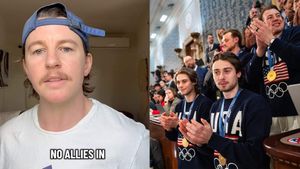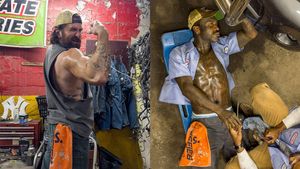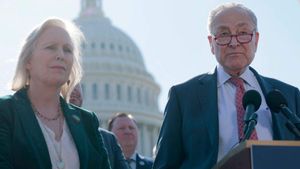International public health officials and members of Congress are criticizing a U.S. program in Cuba that secretly used an HIV-prevention workshop for political activism because the secretive efforts put other health programs at risk globally, according to Associated Press.
In late 2009, the U.S. Agency for International Development (USAID) deployed about a dozen young people from Latin America to Cuba to recruit political activists, the Associated Press reported. The operation put the foreigners in danger when a U.S. contractor, Alan Gross, was taken to Cuban jail for smuggling in sensitive technology.
Democratic Vermont Sen. Patrick Leahy said that it would be “worse than irresponsible” if USAID created an HIV-prevention workshop for political reasons. In response to Associated Press’ reporting, Leahy said, “It may have been good business for USAID’s contractor, but it tarnishes USAID’s long track record as a leader in global health.”
“The use of an HIV workshop for intelligence purposes is unacceptable,” said InterAction, an alliance of non-governmental aid groups around the world. “The U.S. government should never sacrifice delivering basic health services or civic programs to advance an intelligence goal.”
The Obama administration justified their use of the HIV-prevention workshop to promote Cuban democracy. However, the administration argued against the project being a front for political purposes.
Documents and interviews show that the program was aimed at recruiting a younger generation of opponents to Cuba’s Castro government. In Cuba it is against the law to work with foreign democracy-building programs. In the documents prepared for the USAID-sponsored program, the HIV-prevention workshop is explained to be the “perfect excuse” to conduct political activity.
The White House still faces questions about a “Cuban Twitter” project that used to be a secret, called ZunZuneo. ZunZuneo was launched by USAID in 2009 and was brought to attention in April for establishing a primitive social media network “under the noses of Cuban officials,” as reported by the Associated Press.
Though Leahy was not in favor of the ZunZuneo program, calling it “dumb, dumb, dumb,” it seems that that not all lawmakers are critical. Ileana Ros-Lehtinen, a Cuban-American Republican representative from Florida, said that USAID’s programs were important for human rights in Cuba in order to pressure “the Castro regime and support the Cuban people, who are oppressed on a daily basis.”
The Associated Press’ investigation found that the Latin American travelers’ efforts in the HIV workshop were “fraught with incompetence and risk.” One of the young workers reported only getting a 30 minute seminar on how to evade Cuban intelligence, with no evidence of a safety net for the workers if they got caught. Most of these Latin American workers were reportedly paid about $5.41 an hour.
Despite U.S. officials privately telling USAID and its contractor, Creative Associates International, to consider suspending travel to Cuba when Alan Gross was arrested, the company continued anyway.
The Associated Press reported that the travelers' program went through lengths to mask the workers’ activities, such as communicating in code. “I have a headache” meant there were suspicions about being monitored by Cuban authorities. “Your sister is ill” was an order to stop their trip short. Then travelers made sure content on their laptops was there to mask sensitive information, and used encrypted memory sticks to hide their files.
The travelers’ project was funded under the same federal money that paid for ZunZuneo; however, USAID has yet to give the Associated Pressa complete copy of the Cuban contracts despite a Freedom of Information Act request filed months ago.
